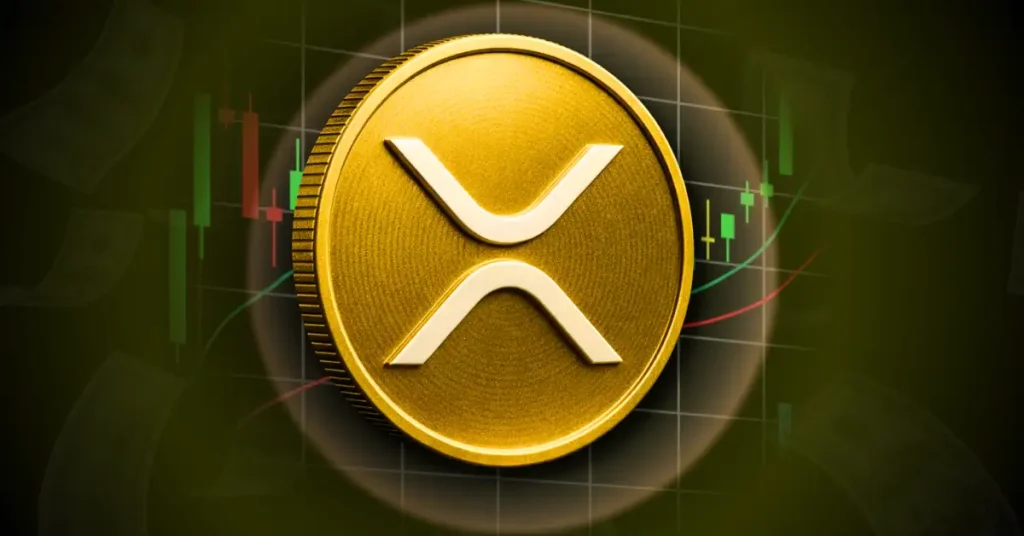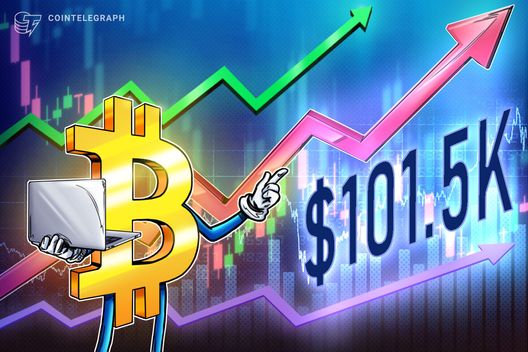Crypto enthusiasts are bracing for a potentially volatile week as the threat of a U.S. government shutdown looms large. Concerns are mounting regarding the disruption of regulatory developments as many non-essential governmental services face suspension. With critical sectors at a standstill, legislative tasks could see delays, creating uncertainty in forthcoming economic indicators. As a result, crypto traders are navigating a complex political landscape.
Could Regulations Face Delays?
If a government shutdown occurs, the progress of regulatory efforts in the crypto sector could come to a halt. Agencies like the Securities and Exchange Commission and the Commodity Futures Trading Commission may find themselves unable to advance rule-making processes. Comment assessments on open rulemakings may also see interruptions, stalling the listing and trading of crypto exchange-traded funds such as Solana and Litecoin.
Will Both Financial and Crypto Markets Be Affected?
Yes, financial markets, inclusive of cryptocurrencies, may not escape the economic impacts associated with a potential shutdown. Without access to key economic indicators such as employment and inflation data, market volatility is likely to increase. Bitfinex analysts highlight that persistent information delays could create complexities in monetary policy decisions, affecting global financial scenarios. These uncertainties may force global investors to rethink their exposure to U.S. markets.
Additionally, legislative progress on the structure of crypto markets might face obstacles. The Senate Banking Committee’s postponement of deliberations, paired with a lack of legislative drafts from other committees, signifies stalling regulation efforts against a volatile political and economic backdrop.
Current Bitcoin evaluations reveal a fascinating interplay of stability and fluctuation amid recent interest rate shifts. The absence of economic data due to a shutdown could heighten this volatility, urging traders to proceed with caution. Observing previous substantial gains, market participants might anticipate recurring transaction patterns.
“For markets, the immediate risk is confidence erosion and data blind spots, rather than systemic financial instability,” commented Bitfinex analysts on possible outcomes of regulatory disruptions.
They further noted ongoing profit-taking trends accompanying each cyclical upswing.
“Deep political polarization, rising fiscal deficits, and a fragile global economy leave markets more sensitive to shocks,” the analysts added, underlining global market challenges.
Given this scenario, crypto stakeholders are advised to tread carefully through these uncertain times, adopting strategic measures. Staying informed and responsive is key for investors aiming to withstand potential market fluctuations, especially if a government shutdown exacerbates these disruptions. Anticipating and adapting to these changes will be crucial for maintaining resilience in a volatile environment.
Disclaimer: The information contained in this article does not constitute investment advice. Investors should be aware that cryptocurrencies carry high volatility and therefore risk, and should conduct their own research.
















 English (US)
English (US)